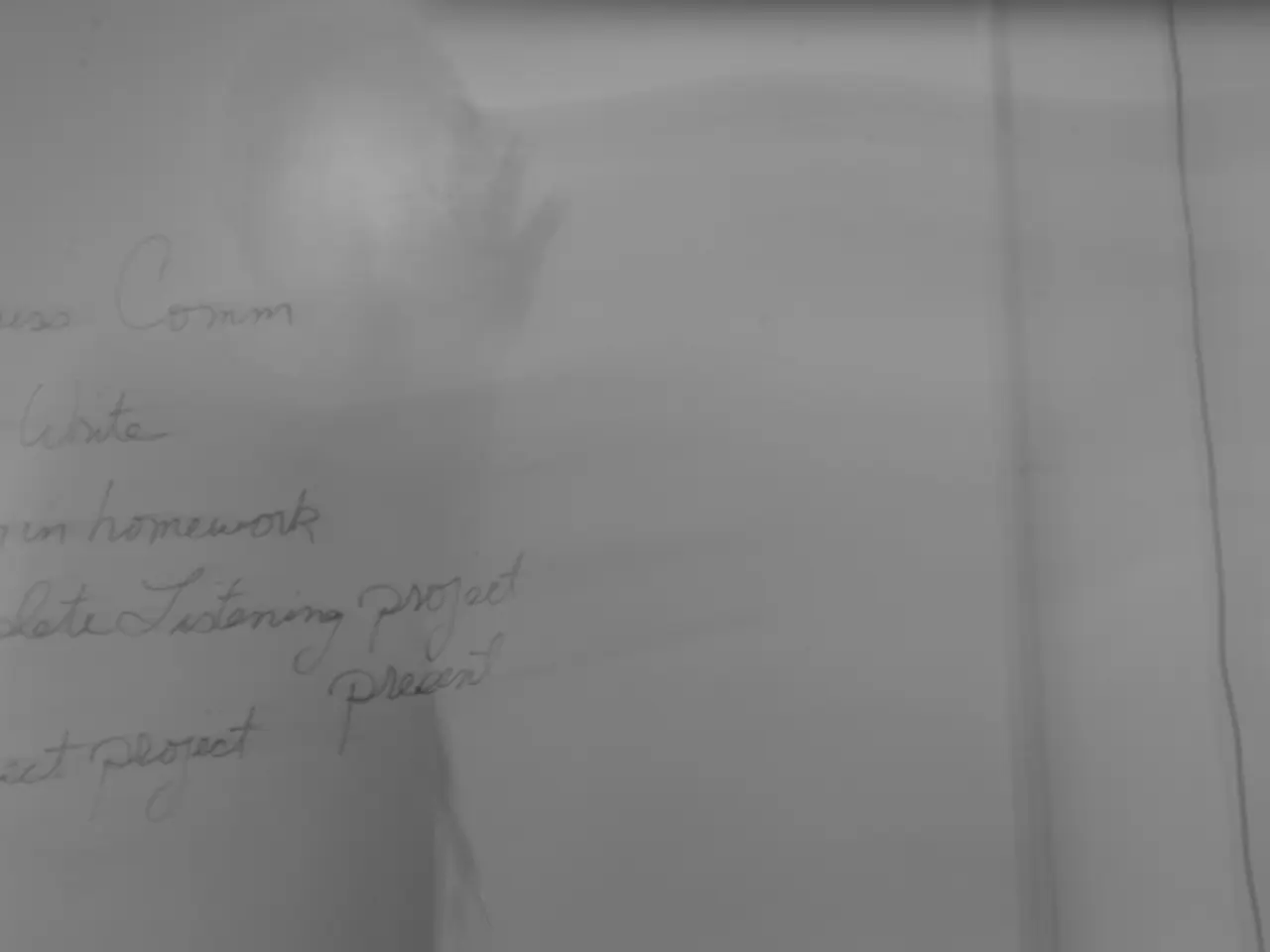Investigation leads to possible legal action against FX deal lawbreakers, as CBN contemplates both civil and penal proceedings post-audit.
In August 2025, the Central Bank of Nigeria (CBN) concluded a comprehensive forensic audit into undelivered forward contracts, following breaches of its foreign exchange (FX) rules by certain Nigerian banks. The audit, carried out by Deloitte, reviewed transactions under the Retail Secondary Market Intervention Sales (RSMIS) window.
The audit findings revealed extensive irregularities, including mismatches in beneficiary identities, exaggerated FX requests, use of incorrect or blank Form M submissions, approvals for non-permissible imports, and transactions based on vague or false documentation. The affected counterparties were given the opportunity to respond during the audit process before any contract was invalidated. The auditor, Deloitte, contacted the authorized dealer banks concerning those contracts to get their explanations of the infractions before reaching conclusions on them.
As a result of the audit, about $2.4 billion out of the initially reported $7 billion FX liabilities of the federal government were identified as invalid. Such infractions rendered the contracts void under Nigerian law and ineligible for FX settlement. The CBN has returned the local currency equivalent of outstanding and unverified transactions to the banks.
The CBN has not provided any information about the refunded value of all unfulfilled and unvalidated deals to banks in naira in the given paragraph. However, the CBN has announced plans to pursue civil, administrative, or criminal sanctions against parties found to have breached FX rules.
The case of undelivered forward contracts is now concluded and closed. The CBN has declared the audit process closed and not open to appeal. The bank has reiterated its commitment to honouring all valid obligations while strengthening oversight. In March 2024, the CBN announced the complete clearance of the valid foreign exchange backlog.
This action by the CBN comes as part of its efforts to address FX deal violations that occurred in 2025, when certain Nigerian banks faced FX transaction violations due to breaches of the Central Bank of Nigeria's rules. To enforce compliance, the Central Bank took regulatory actions including sanctions or penalties against the offending banks.




